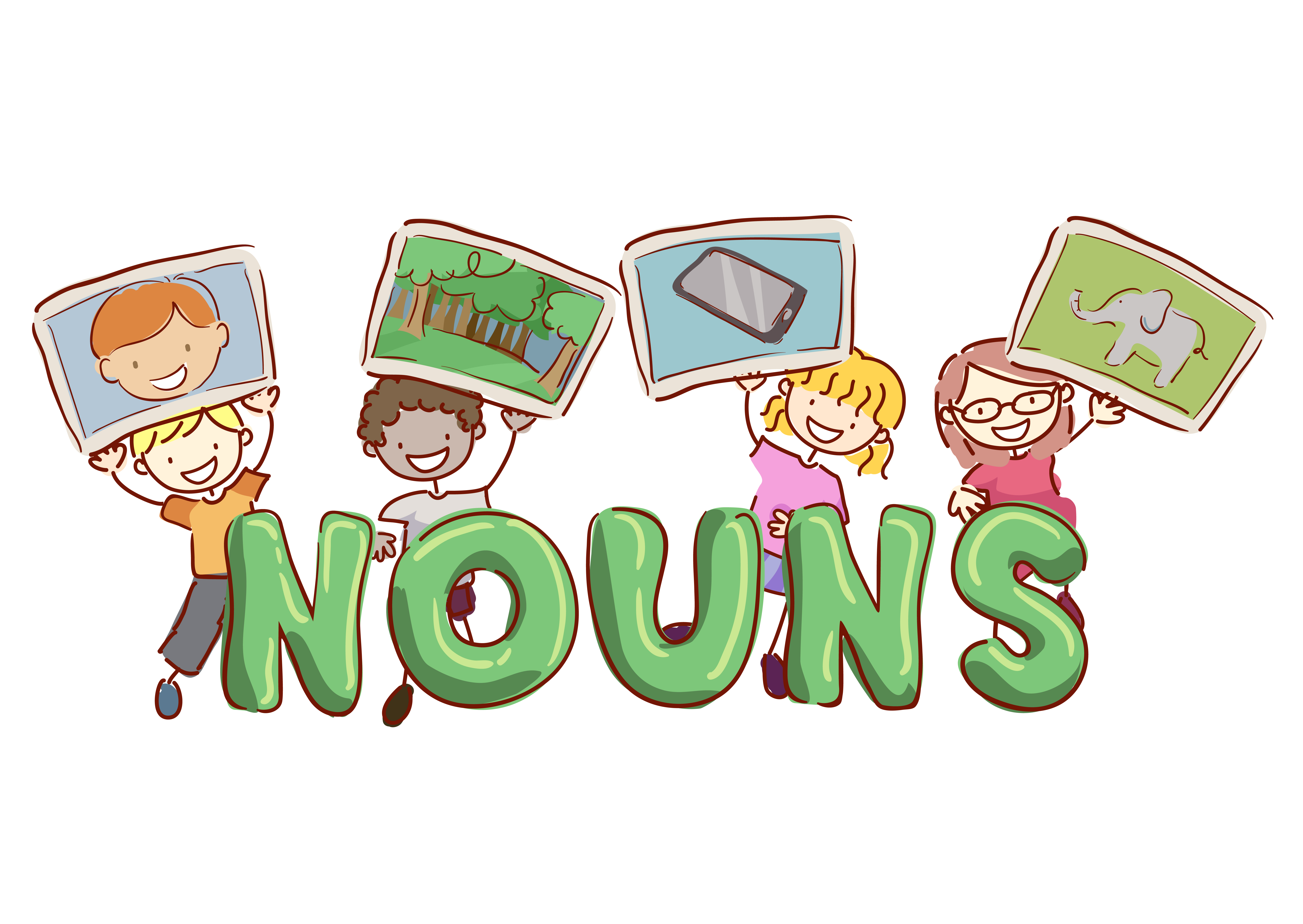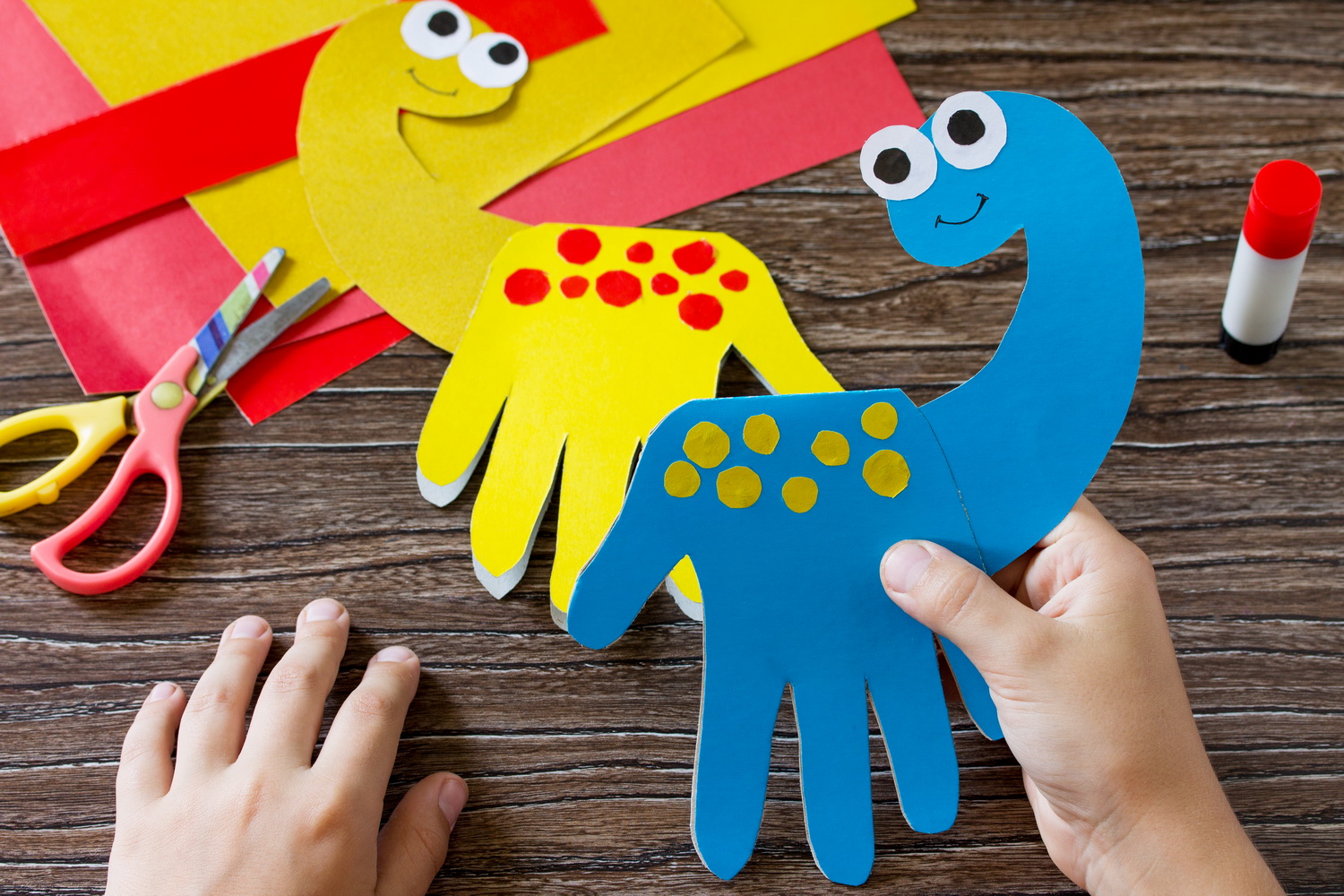Basic Addition Skills Easy Worksheets for Ages 5-6
6 filtered results
-
From - To
Welcome to our collection of Basic Addition Skills worksheets, specially designed for children aged 5-6! These engaging, easy-to-use worksheets help young learners build foundational math skills in a fun and interactive way. Our vibrant, colorful activities introduce essential concepts of addition, encouraging children to practice simple equations and develop number recognition. Each worksheet focuses on fostering confidence and competence, making math enjoyable and accessible. Perfect for home or classroom use, these resources can enhance learning experiences and reinforce important skills through playful exercises. Start your child’s exciting math journey today with our Basic Addition Skills worksheets!
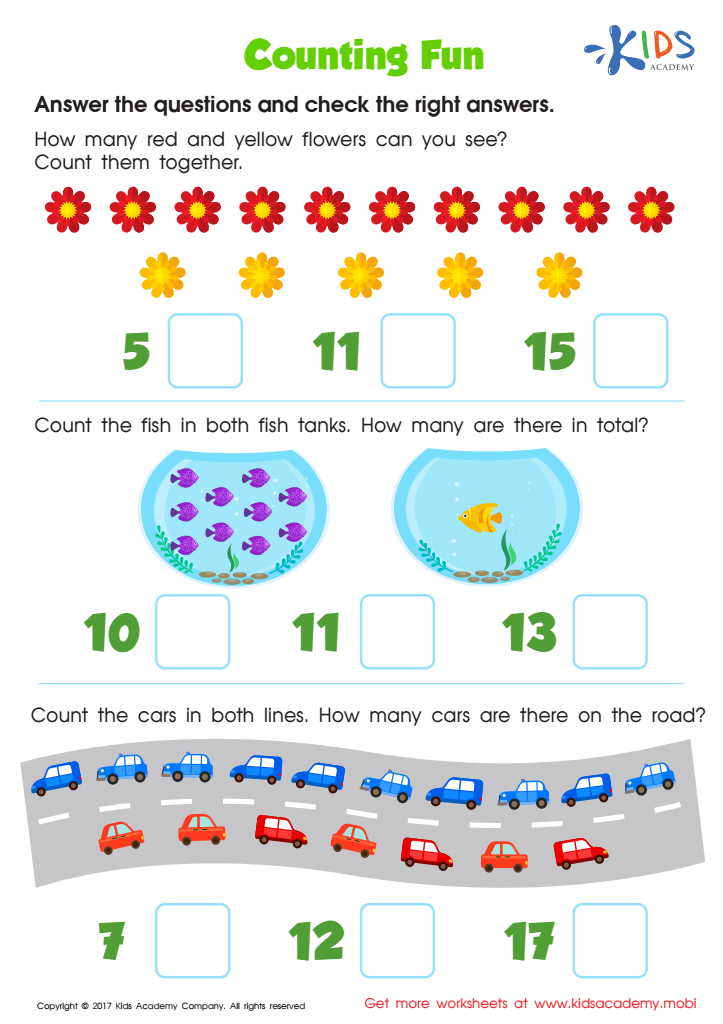

Counting Fun Worksheet
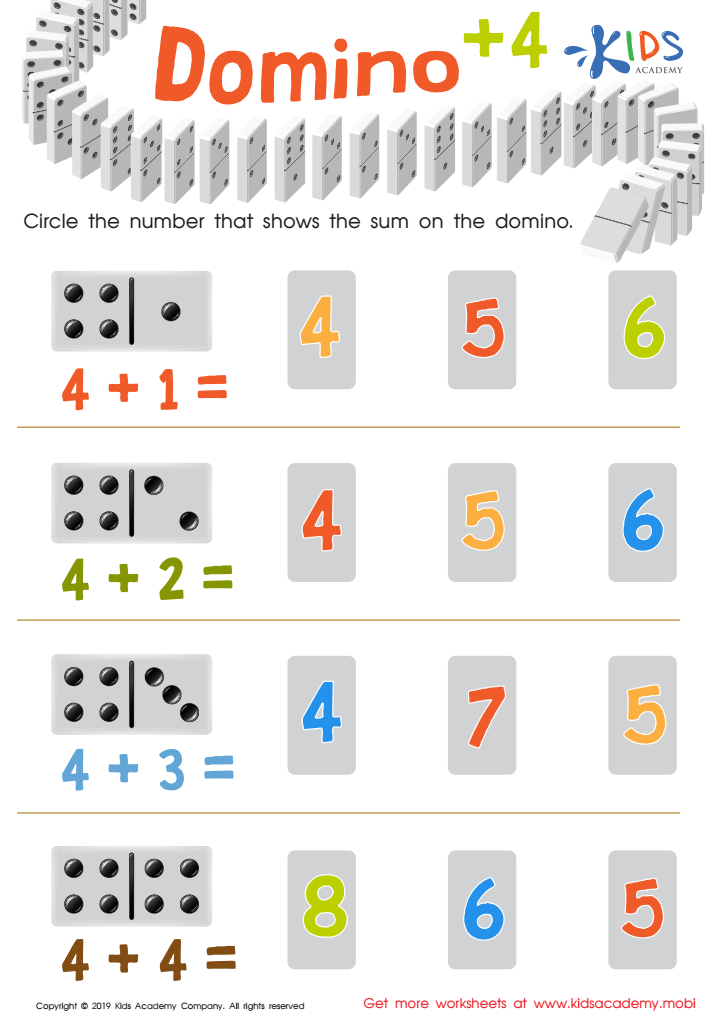

Domino +4 Worksheet
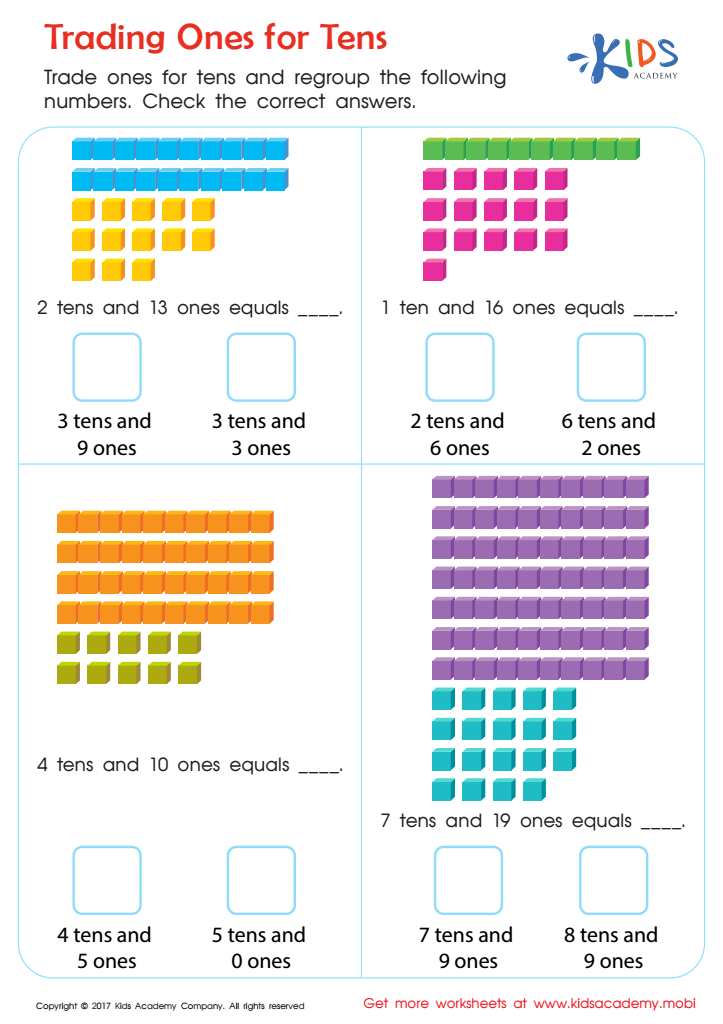

Trading Ones for Tens Worksheet
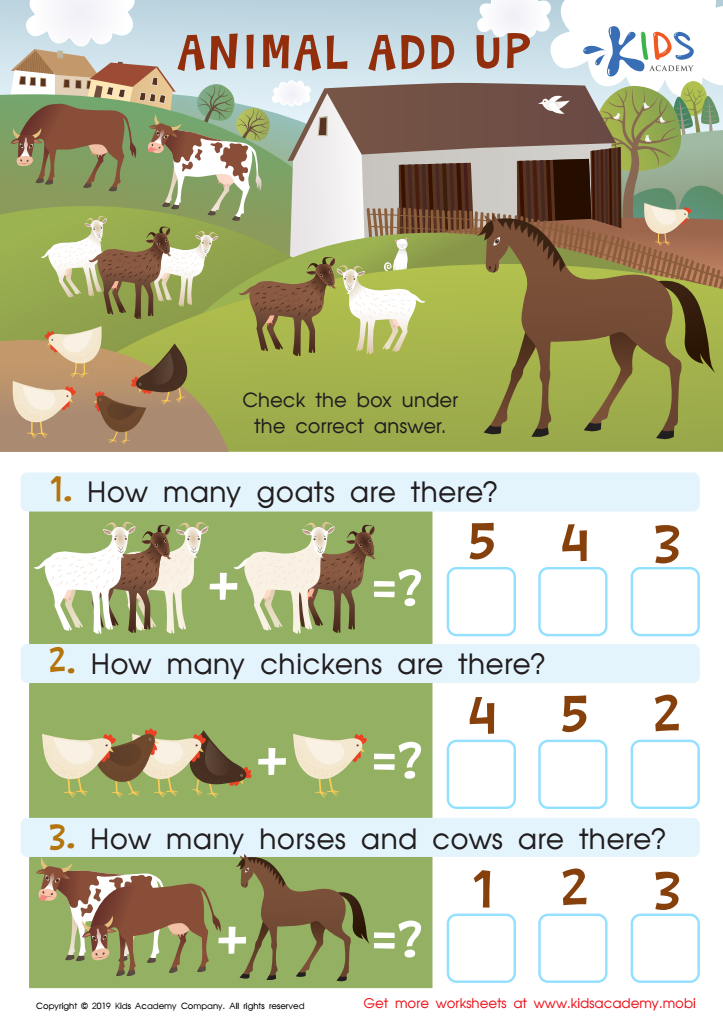

Animal Add Up Worksheet
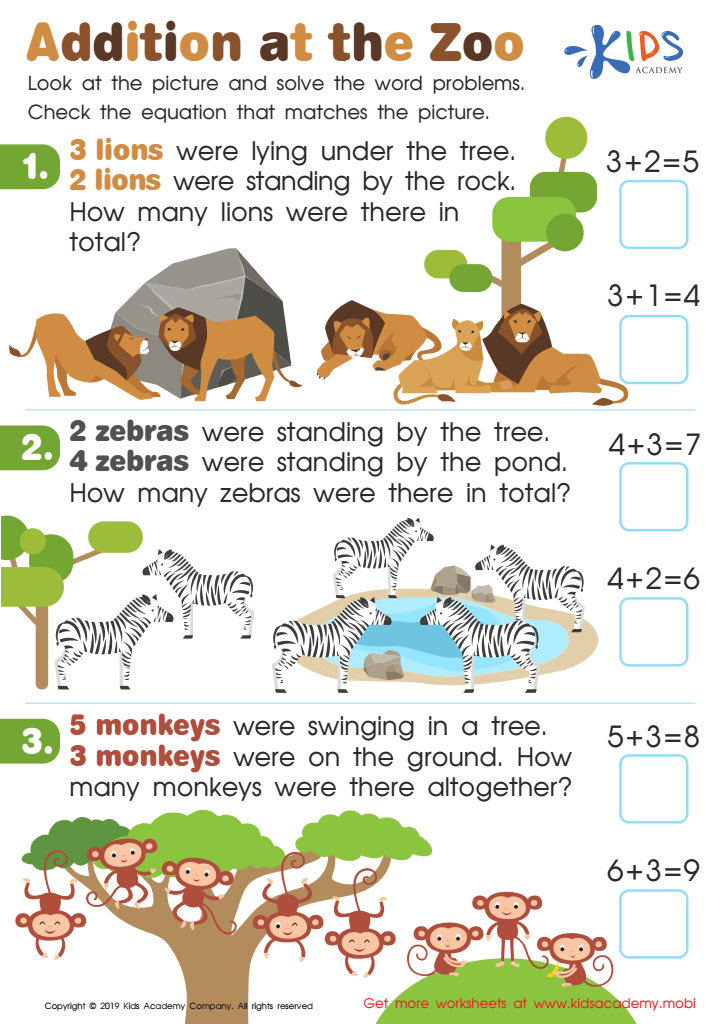

Addition at the Zoo Worksheet
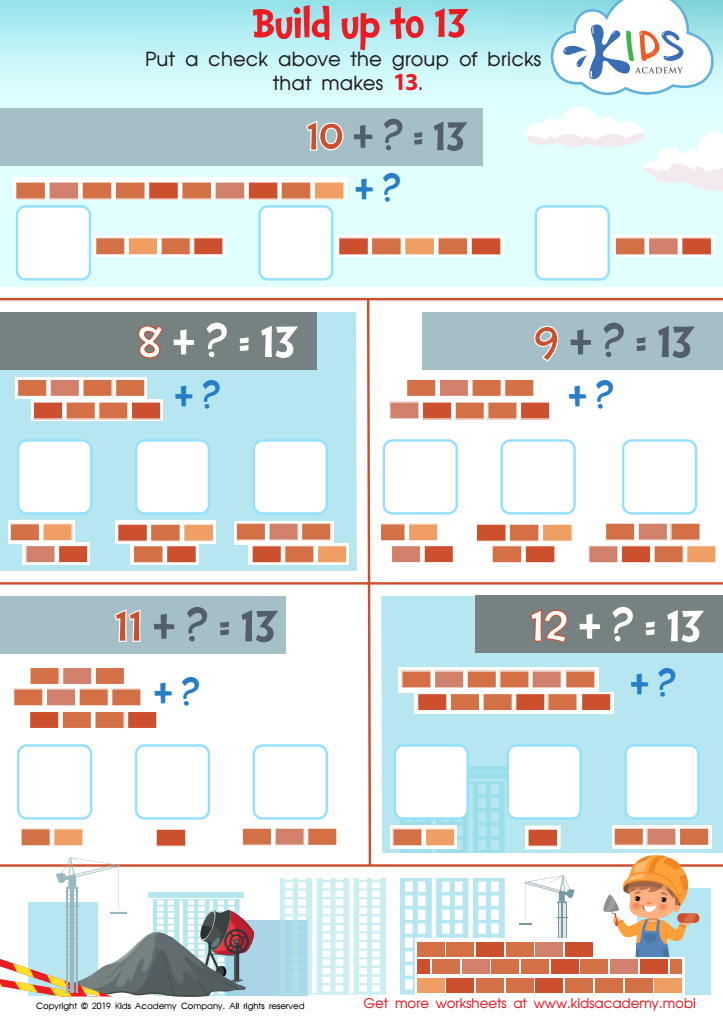

Build up to 13 Worksheet
Basic addition skills are crucial for children aged 5-6 as they lay the foundation for their future math understanding and overall cognitive development. During these formative years, children are at an optimal stage for learning and absorbing new concepts. Mastering addition not only fosters numerical comprehension but also enhances critical thinking and problem-solving abilities.
Developing addition skills encourages children to think analytically, as they learn to manipulate numbers and recognize patterns. These foundational skills promote confidence and preparedness as they advance to more complex mathematical concepts in later grades. Furthermore, strong addition abilities contribute to everyday practical skills, such as budgeting, time management, and even cooking.
Parents and teachers hold a vital role in this development. By incorporating fun and engaging activities—like counting games, interactive apps, or hands-on manipulatives—educators and caregivers can foster a love for math early on. This positive reinforcement not only strengthens math skills but also nurtures a lifelong appreciation for learning. Ultimately, investing time and energy in teaching basic addition skills equips children for academic success and instills a solid base for future learning in all areas of education.
 Assign to My Students
Assign to My Students







